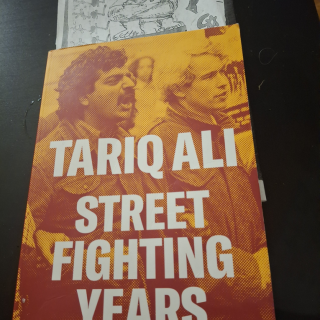Undoubtedly, "Master Gardener" demands your attention as it's another slow burn from Paul Schrader. This film represents the later independent phase of Schrader's career. Premiering at the Venice Film Festival, it was produced on a modest budget of $5 million, cementing it firmly within the indie film category. Like "Taxi Driver" and "Hardcore"—essentially, Schrader tells a story about an older man coming to the "rescue" of a younger woman. The difference is that in "Taxi Driver," Travis Bickle aims to purge the city of crime, while Jake VanDorn in "Hardcore" seeks to save his daughter from a perceived sinful world. Both isolated characters, confronted with urban moral decay, act against a corrupt system. Their exposure to harsh realities dramatically transforms these ordinary individuals throughout their respective films. In "Master Gardener," the protagonist is given a mysterious past colored with off-screen violence.
Narvel Roth (played by Joel Edgerton) is a soft-spoken horticulturist in charge of Gracewood Gardens. He enjoys a simple and quiet life working in the garden, writing in his journal, and teaching his workers the art and science behind gardening. The estate is owned by the wealthy Norma Haverhill (Sigourney Weaver). Over the years, the two have built a close relationship, albeit one that acknowledges Weaver's authority. Roth seeks solace in gardening, and the metaphor of tending and controlling nature becomes a tool to gain control over his own life.
The plot takes a turn when Weaver entrusts Edgerton to mentor her troubled biracial grand-niece, Maya (Quintessa Swindell). On the surface, this seems like a simple task, but it soon becomes apparent that Roth's past is stained by a history of neo-Nazism, a secret told through his swastika tattoos. The narrative then navigates through a series of confrontations that tie Edgerton's history with Maya's current predicament. At times, the credibility of their relationship seems shaky. This significantly affects the overall storyline and fails to establish a believable connection that resonates.
Watching a Schrader film, we inevitably question when will the "violence" start? While there is some violence, it's not explicitly presented; it lingers in the atmosphere. The majority of it is suggested or takes place in the past. The writing is complex and layered, often lacking transitions or explanations, making the narrative minimalist yet mysterious as it slowly unfolds.
A common theme in Schrader's films is the solitary male figure wrestling with guilt and angst. "Master Gardener" is no exception. Edgerton embodies the intense loner character Schrader is known for creating. The film primarily revolves around Roth's inner turmoil, represented by his careful, quiet dialogue and the narration of his life through a voiceover.
Sigourney Weaver brings a commanding presence to the film, delivering an impressive performance that stands out among the cast. She masterfully exudes Norma's suppressed bitterness.
If you are familiar with Schrader's work, "Master Gardener" may feel predictable and somewhat slow in pacing. However, the film stands out with its beautiful cinematography, particularly the shots of various plants; gardening is in the tile, after all.
Schrader doesn't shy away from tackling contemporary societal issues. The metaphors used in his films offer a potent perspective on how his characters intersect with societal issues. "The Card Counter" could indicate accountability and a history of torture, "Taxi Driver" reflects male loneliness and vigilantism, and "Master Gardener" relates to narratives of hate and racism.
Despite some flaws, "Master Gardener" brings Paul Schrader's signature storytelling style with minimalist shots that convey a sense of solitude and isolation. For those interested in character-driven films with a metaphorical undertone, this film offers an intriguing watch enhanced by engaging performances. However, it might feel slightly disappointing for those familiar with Schrader's previous work, as it brings nothing new or unique to his repertoire.
3/5



